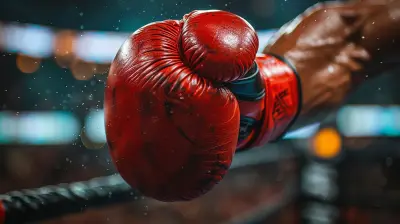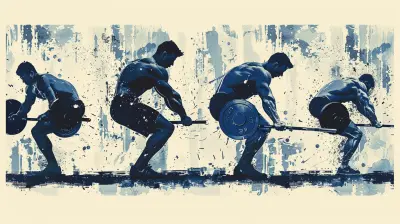The Role of AI Coaches in Personalized Athlete Development
5 June 2025
Let’s be real for a second — sports are changing. Fast. Gone are the days when training was just about running until you puked or sticking to a one-size-fits-all workout plan. Welcome to the era of smart training, intelligent recovery, and precision coaching. And guess who's leading the charge? You guessed it — Artificial Intelligence.
More specifically, AI coaches are stepping up as game-changers in personalized athlete development. But how exactly do they work? What makes them better, or at least different, from traditional human coaches? And should athletes be worried or excited? Let’s unpack all of that.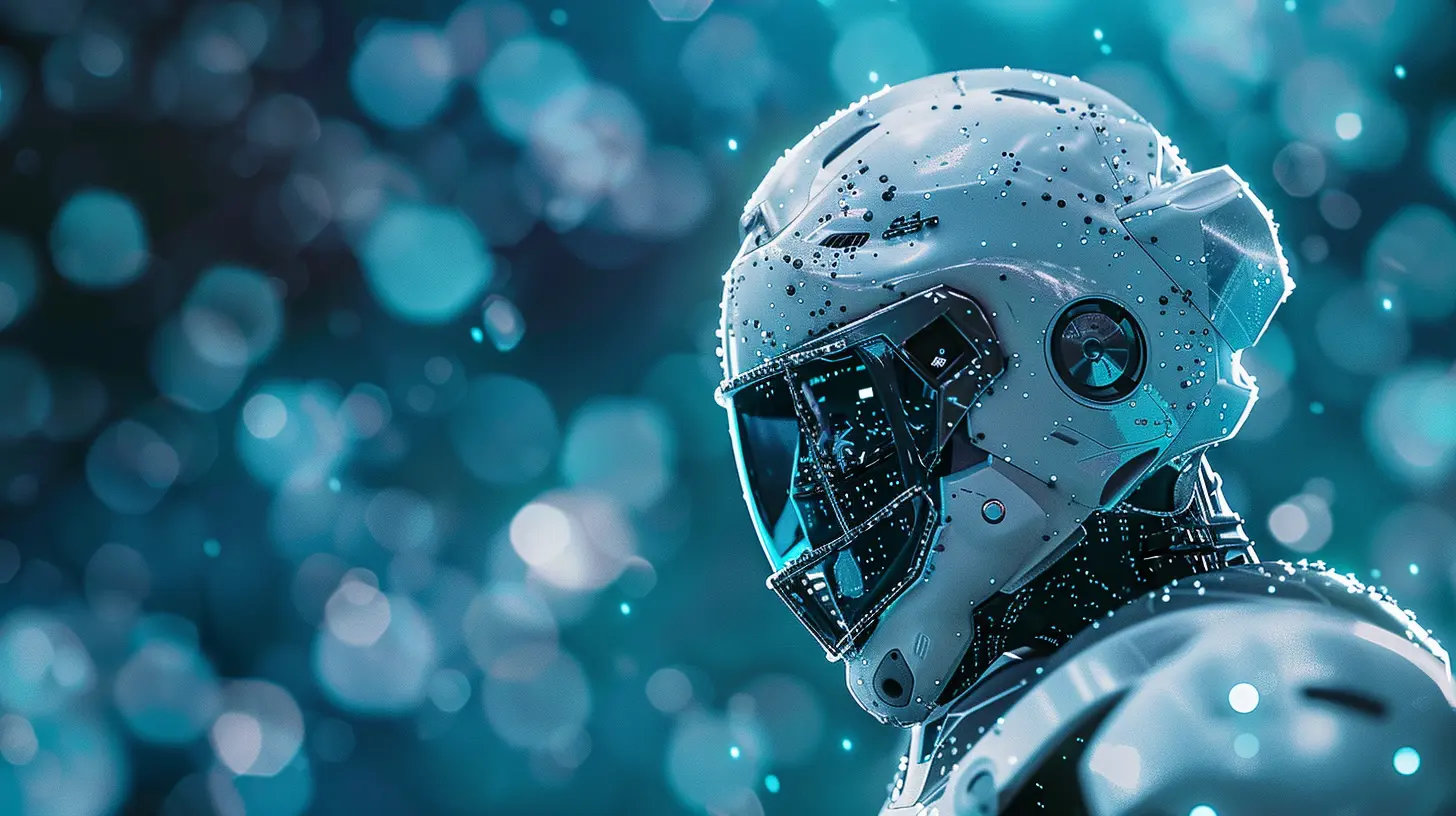
What Is an AI Coach Anyway?
Before we dive into why AI coaches are such a big deal, let’s get on the same page about what they actually are.An AI coach isn’t some robotic instructor barking orders on a basketball court. Nope. It’s a combination of machine learning, data analytics, and sometimes even wearables and apps that collectively guide an athlete’s development. AI coaches analyze tons of data — think movement patterns, nutrition, sleep cycles, heart rate, and even mood — and then create tailored plans aimed at improving performance.
It's kind of like having a pocket-sized personal trainer who knows your body better than you do. Cool, right?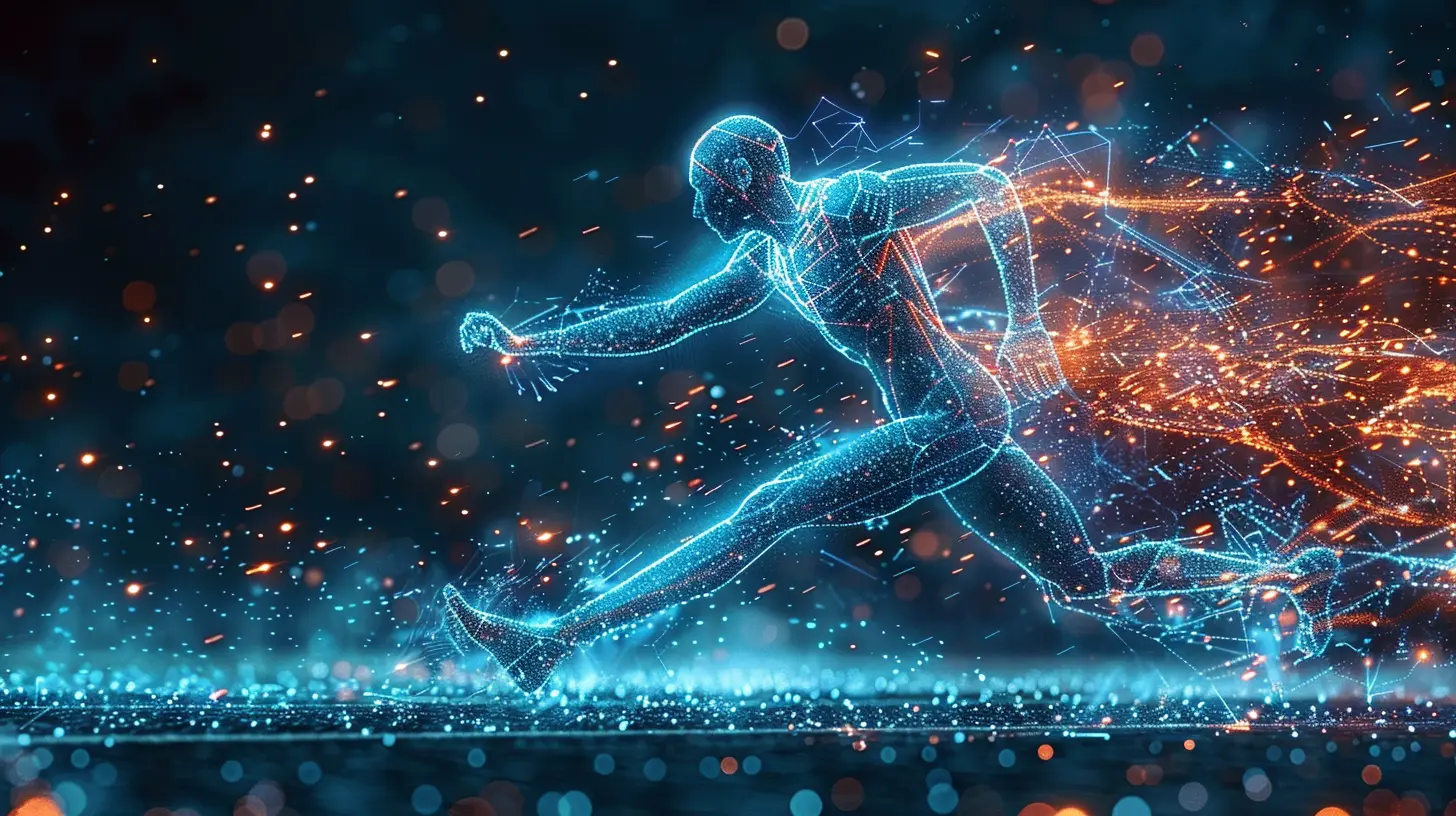
Why Personalization in Sports Matters
Athletes aren't clones. What works for one might be a disaster for another. Personalization has always been the holy grail in sports performance, but let’s be honest—it’s hard to do manually.Let’s say you’re sprinter A and your buddy is sprinter B. Even if you both aim to shave 0.2 seconds off your 100m time, your paths might be totally different. You might benefit from explosive strength training, while your friend might need to work on technique and form. Traditional coaching can guess at these needs, but AI? It knows.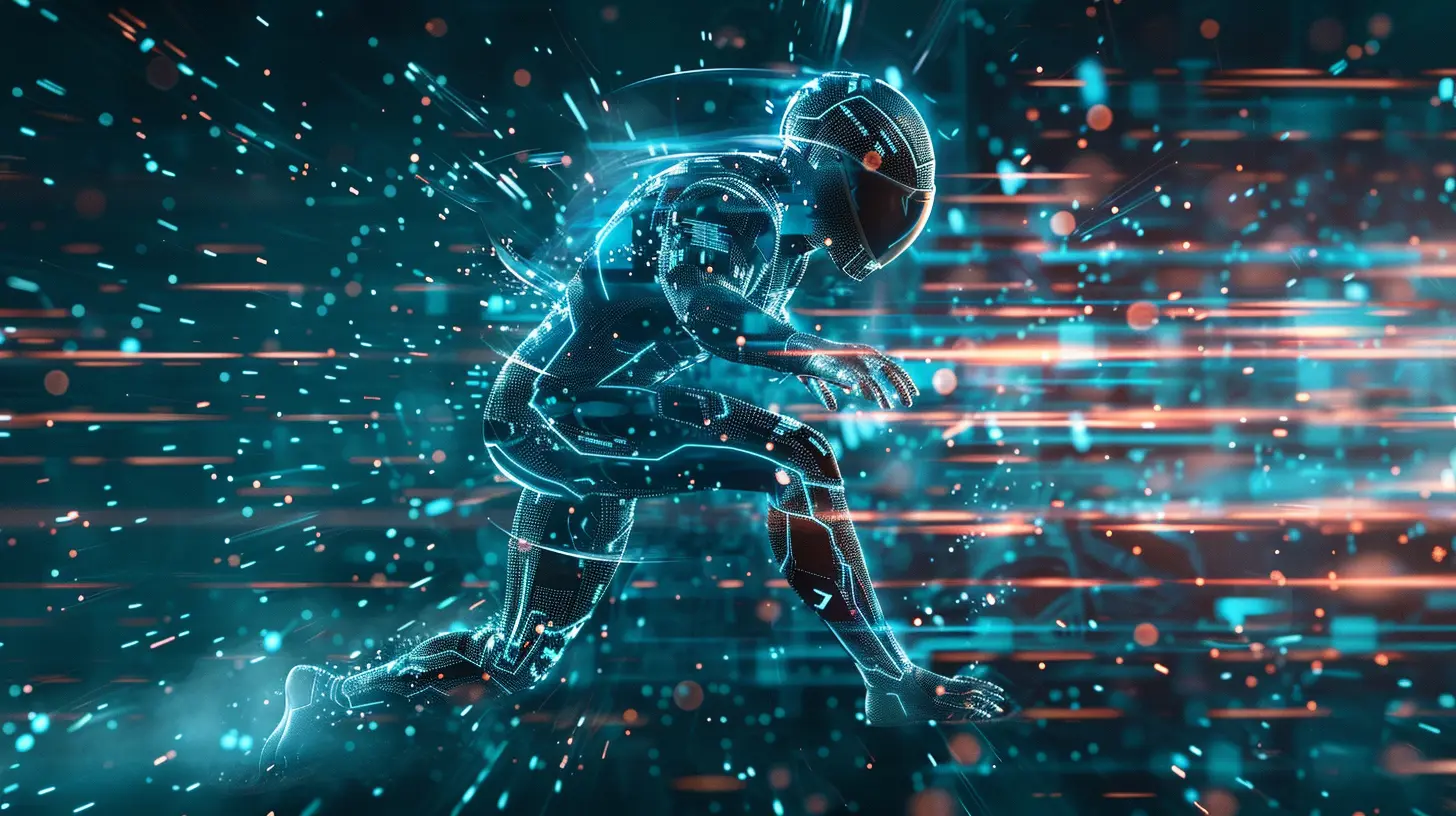
How AI Coaches Personalize Athlete Development
1. Data-Driven Decisions
AI coaches don’t guess. They know. Why? Because they’re fueled by data. From GPS trackers to heart rate monitors to sleep trackers—modern athletes are practically data factories. AI takes all this info, crunches it like a protein bar, and spits out actionable insights.Imagine an AI coach reviewing every move you made in yesterday’s game, analyzing your fatigue levels, and then modifying today’s training session accordingly. That’s not science fiction — that’s already happening.
2. Real-Time Feedback
Traditional coaching often involves reviewing performance after the fact. AI coaches? They’re in the moment.Let’s say you’re training your vertical jump. An AI-powered system connected to a smart mat and motion sensors can tell you — right then and there — if your form is off, how much power you're generating, and how to jump higher. Instant adjustments = faster improvement.
3. Custom Recovery Plans
Training hard is cool. Recovering smart is cooler. AI doesn’t just focus on working out; it also tracks how well your body’s bouncing back.Using sleep data, heart rate variability, and overall workload, AI can suggest optimal rest days, stretching routines, or even hydration tweaks. Think of it as a coach who cares about your off days just as much as your training days.
4. Mental and Emotional Awareness
Yep, AI is even getting better at understanding how you feel. Mood tracking apps, voice tone analysis, and even facial recognition tech are being used to gauge an athlete’s emotional state.If you're stressed or lacking motivation, your AI coach might ease your load for the day or recommend mental recovery techniques. It’s like having a psychologist and trainer rolled into one.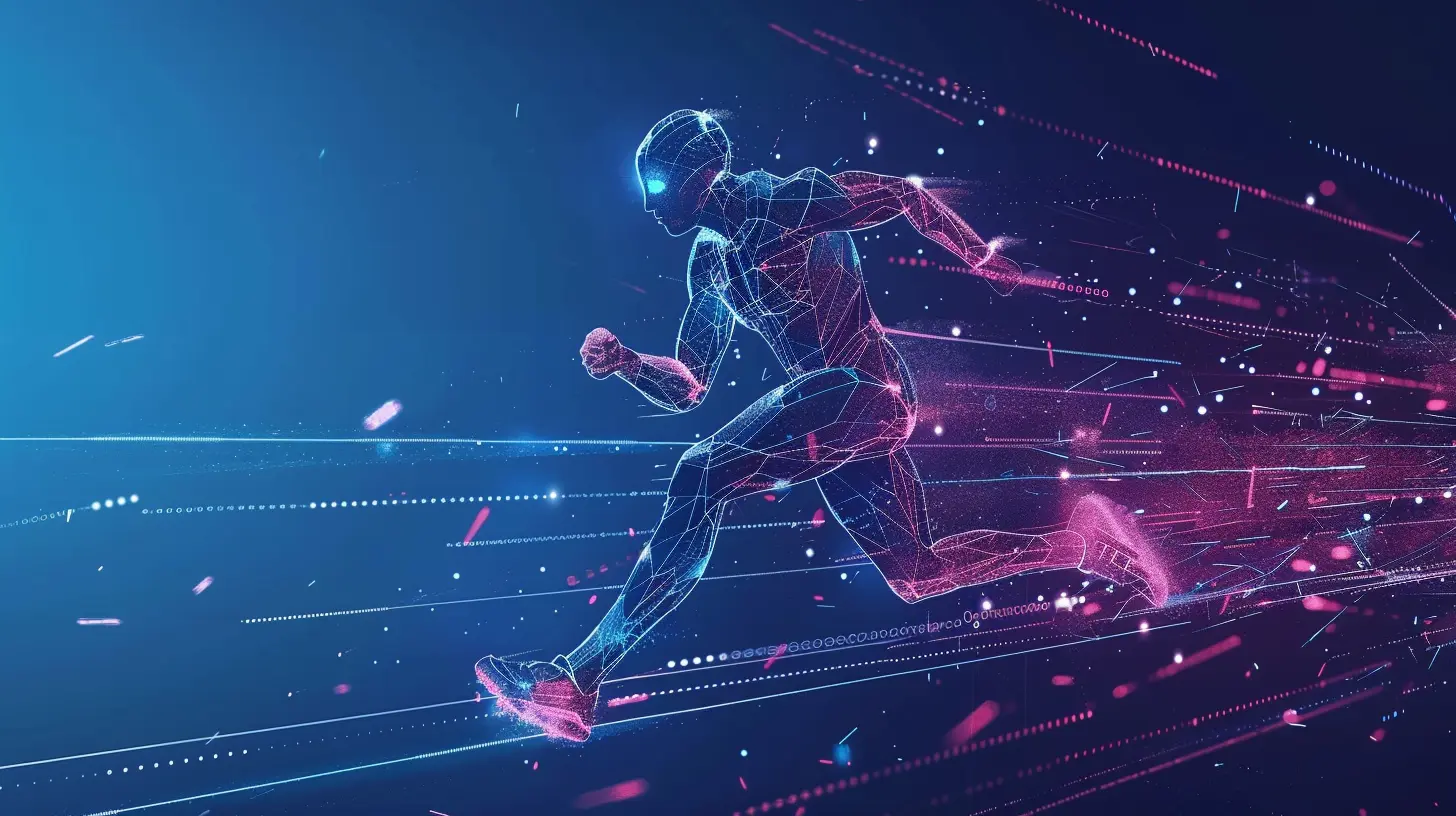
Real-Life Examples of AI Coaching in Action
This whole AI coaching thing might sound futuristic, but it’s actually happening right now across different levels of sports.- Whoop and Oura rings are wearable tech used by athletes like LeBron James and Rory McIlroy to track sleep, recovery, and strain.
- Catapult Sports uses AI to analyze athlete movement during games and practices, helping teams reduce injuries and optimize performance.
- Tonal, the smart home gym, uses AI to automatically adjust weights based on your strength and progress.
Even major soccer clubs and NBA teams are using AI systems for tactical analysis and injury prediction. It’s not just for tech nerds anymore — it’s for champions.
Benefits of AI Coaches for Athletes
Let’s talk pros. Because there are a lot of them.✅ Hyper-Personalized Plans
No more cookie-cutter routines. AI tailors everything — from warm-ups to cooldowns — just for you. Whether you’re a rookie or a pro, you get a plan that fits your body and goals like a glove.✅ Injury Prevention
AI can spot red flags in your data long before you feel pain. Overtraining? Bad mechanics? It’ll flag it and adjust accordingly. Prevention is the best medicine, and AI is like a personal sports doc in your pocket.✅ Improved Motivation
When you see your data improving — lift numbers, sprint speed, jump height — it’s motivating. Plus, AI coaches often come with gamified elements and progress charts that keep you pushing.✅ 24/7 Availability
Your human coach needs sleep. Your AI coach? Not so much. You can train, check metrics, and get advice anytime, anywhere. It’s like having a 24-hour performance hotline.✅ Objective Feedback
Humans are biased. We might cut corners or praise effort over results. AI doesn’t play favorites. It tells you the truth — every time.Challenges and Limitations (Because Nothing’s Perfect)
Okay, time for a reality check. AI coaches aren't flawless. There are a few hiccups we should acknowledge.❌ Lack of Human Emotional Intelligence
AI doesn’t understand the “why” behind your bad day… not yet, anyway. It may notice your stats are off, but it won’t always know you just broke up with your girlfriend or you’re anxious before a big game.❌ Tech Dependence
Too much screen time, anyone? Relying heavily on devices could make an athlete too dependent on data and less in tune with their body’s natural signals.❌ Data Privacy and Ethics
These systems collect a lot of personal info. Who owns that data? Where does it go? That’s still a gray area, and it raises concerns about consent and misuse.❌ Cost and Accessibility
While AI coaching tech is becoming more affordable, it’s still not universally accessible. Pro teams and elite athletes have the edge here, but that should change over time.Can AI Coaches Replace Human Coaches?
Short answer? No. Long answer? Also no.AI coaches are amazing tools — but they’re just that: tools. They don’t replace the wisdom, intuition, and mentorship of experienced human coaches. Instead, they complement them.
Think of AI as Batman’s utility belt. It doesn’t make Batman who he is, but it sure makes him better at his job. The best approach? Human coaches using AI insights to guide more informed decisions. That’s the sweet spot.
The Future of Athlete Development
So where are we headed with all this?Expect AI coaches to get smarter, faster, and more interactive. We’re talking virtual reality training guided by AI, full-body motion capture for form correction, even AI-simulated opponents that help you train smarter.
AI will also likely become more democratized. That means high school athletes, weekend warriors, and youth sports players will start using the same tech that top-tier athletes are using today. The playing field is about to level up.
And let’s not forget integration. AI will soon link up data from every part of an athlete’s life — nutrition, mental health, social influences — to provide a 360-degree view of development.
Final Thoughts
AI coaches aren’t science fiction anymore. They’re here, and they’re reshaping how athletes train, recover, and improve. They're not perfect, and they won't replace human coaches, but they bring something incredibly valuable to the table — cold, hard, personalized data that’s impossible to ignore.If you’re an athlete looking to up your game or a coach searching for that extra edge, AI might be the teammate you didn’t know you needed.
So go ahead. Train smarter, not just harder.
all images in this post were generated using AI tools
Category:
Sports InnovationsAuthor:

Umberto Flores
Discussion
rate this article
3 comments
Angela Hines
What an exciting exploration of AI coaches! Their ability to tailor training plans and enhance athlete development is truly inspiring. Cheers to a future where technology and sports unite for unparalleled performance! 🏅✨
June 11, 2025 at 3:18 AM

Umberto Flores
Thank you! I’m glad you found the exploration inspiring. The fusion of AI and sports indeed holds incredible potential for enhancing athlete development. Cheers to the future! 🏅✨
Kylie McKibben
AI coaches: the ultimate personal trainers! They never forget your birthday, always have the perfect game plan, and don’t even need coffee breaks. Cheers to tech-savvy teamwork!
June 9, 2025 at 2:49 AM

Umberto Flores
Thank you! AI coaches truly enhance personalized athlete development by providing tailored support and unmatched consistency. Cheers to the future of training!
Samuel McClendon
Embracing AI coaches revolutionizes athlete development, unlocking personalized training and insights like never before. Together, technology and talent forge a new era where performance reaches unprecedented heights. The future is now!
June 6, 2025 at 4:53 AM

Umberto Flores
Thank you for your insightful comment! I completely agree—AI coaches are indeed transforming athlete development, making training more tailored and effective than ever before. Exciting times ahead!
